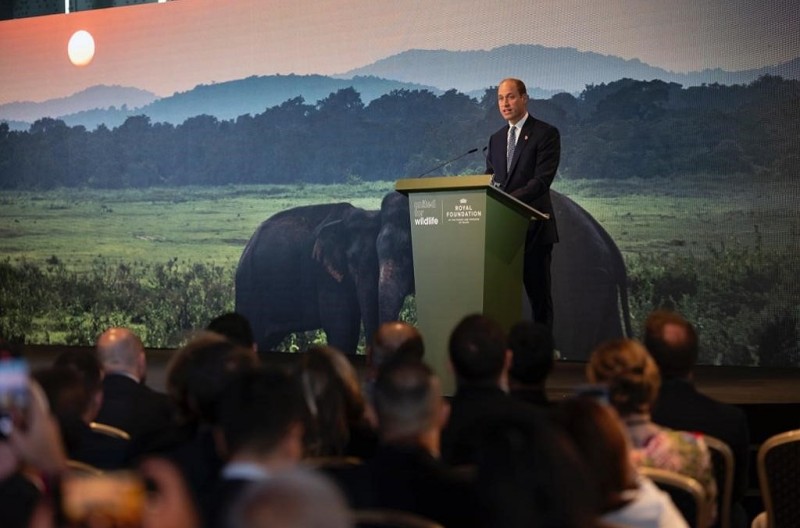The United for Wildlife Summit held Monday brings together world leaders, law enforcement agencies, conservation organizations and private companies. This year's Summit in Singapore focused on international collaboration to end the illegal wildlife trade, highlighting successes in Southeast Asia and other regions, where up to 25 percent of the world's illegal trade is estimated to be concentrate.
In a Statement of Principles announced by William, Prince of Wales, president of United for Wildlife, the seven countries committed to collaborating on tackling the financial activity that sustains wildlife crime.
The Royal Foundation and INTERPOL agreed to join efforts to protect endangered species from illegal wildlife trafficking. Qatar Airways was named an official airline partner of United for Wildlife and will work to promote wildlife trafficking awareness and the importance of airlines in combating it.
According to INTERPOL, environmental and wildlife crime has become one of the largest and most profitable criminal sectors in the world, worth up to US$20 billion a year. Besides bringing species to the brink of extinction, these illicit activities are increasingly linked to armed violence, corruption and money laundering.
Daniel Frost, manager of New Zealand’s Financial Intelligence Unit, said, “The illicit wildlife trade is an insidious and abhorrent practice, which fuels corruption and other forms of financial crime. This practice is also leading to the extinction of species globally, upsetting the delicate balance of many ecosystems. We have the responsibility to ensure the protection and preservation of all species and our environment, so future generations do not ask us, why did we not stop this?”


